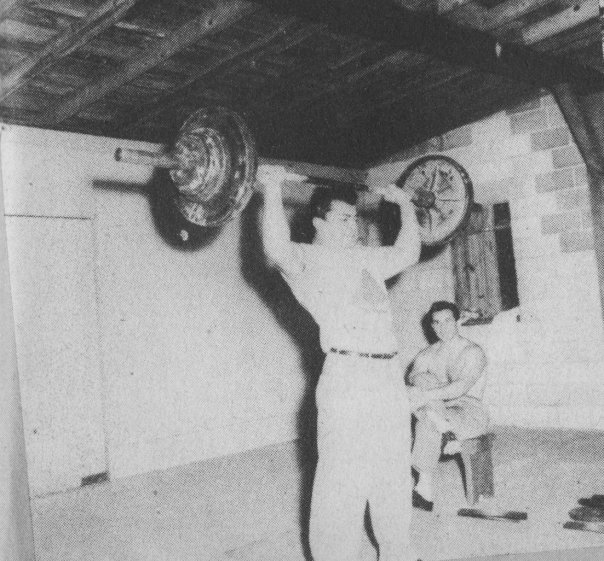Much of what I'll cover in this post can be found over at Lyle McDonald's website, Body Recomposition. Lyle has spent a great deal of time combing through research on diet and nutrition so that you and I don't have to.
Research indicates that diets identical in calories will initially result in the same amount of weight loss irrespective of the ratio of fats to carbs to proteins, provided that there is a calorie deficit. However, in the long run those who consume a diet high in protein (for instance, 9 grams for every 20 lbs. of bodyweight) lose more. Likely, this is the case because protein curbs the appetite. Those who don't consume enough protein stay hungrier and begin to make up for the deficit by eating more. In short, more protein is better regardless of the diet that you're on. Now, whether or not you should eat a diet slightly higher in fats or carbs is specific to the individual, and in order to determine which is best, one needs to experiment to decide which percentages of fats vs. carbs make him or her feel the best.
Provided that protein intake is sufficient, one should then address what his or her energy demands are. A deficit of 500 calories daily will result in a pound of weight loss weekly ("deficit" means more calories out than calories in), which translates into 3500 calories a week. Conversely, a surplus of 500 calories daily will result in a pound of weight gain weekly.
In addition, feedings should be spread out across a minimum of six meals a day to ensure that energy levels remain high. Gorging oneself leads to feelings of sluggishness and foggy-headedness because blood is diverted to the stomach and intestines to aid in digestion, not to mention that the corresponding spike in blood sugar leads to the inevitable "crash." Lastly, the collective wisdom of the health and fitness community holds that smaller meals eaten more frequently keep one's metabolism running higher. When the body is nourished in this way, it tends to burn more calories, having been conditioned to expect a steady stream of energy, rather than horde calories in the event of starvation.
Research indicates that diets identical in calories will initially result in the same amount of weight loss irrespective of the ratio of fats to carbs to proteins, provided that there is a calorie deficit. However, in the long run those who consume a diet high in protein (for instance, 9 grams for every 20 lbs. of bodyweight) lose more. Likely, this is the case because protein curbs the appetite. Those who don't consume enough protein stay hungrier and begin to make up for the deficit by eating more. In short, more protein is better regardless of the diet that you're on. Now, whether or not you should eat a diet slightly higher in fats or carbs is specific to the individual, and in order to determine which is best, one needs to experiment to decide which percentages of fats vs. carbs make him or her feel the best.
Provided that protein intake is sufficient, one should then address what his or her energy demands are. A deficit of 500 calories daily will result in a pound of weight loss weekly ("deficit" means more calories out than calories in), which translates into 3500 calories a week. Conversely, a surplus of 500 calories daily will result in a pound of weight gain weekly.
In addition, feedings should be spread out across a minimum of six meals a day to ensure that energy levels remain high. Gorging oneself leads to feelings of sluggishness and foggy-headedness because blood is diverted to the stomach and intestines to aid in digestion, not to mention that the corresponding spike in blood sugar leads to the inevitable "crash." Lastly, the collective wisdom of the health and fitness community holds that smaller meals eaten more frequently keep one's metabolism running higher. When the body is nourished in this way, it tends to burn more calories, having been conditioned to expect a steady stream of energy, rather than horde calories in the event of starvation.

No comments:
Post a Comment